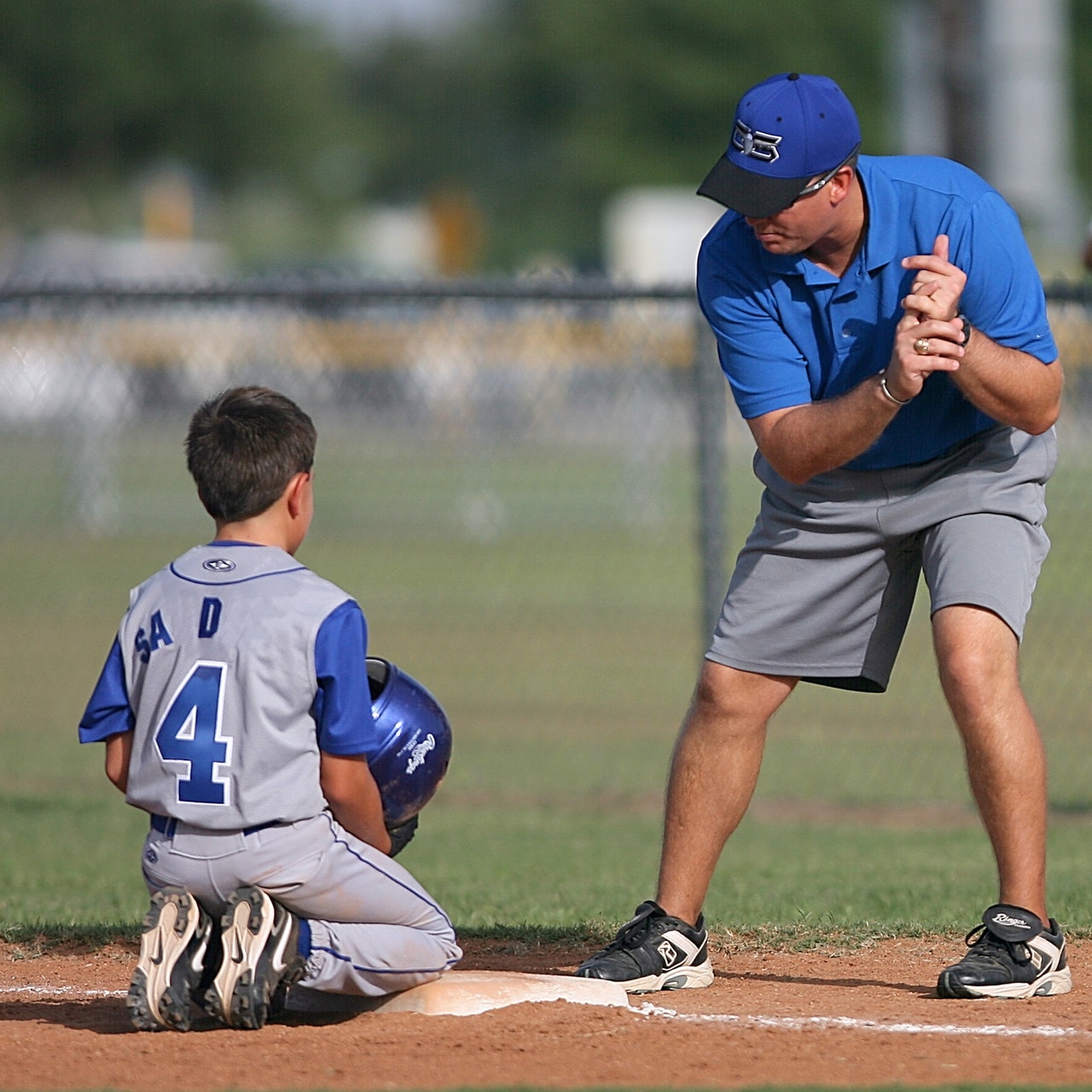NFE in sport
Call me your coach!
Coaches on the other hand are the “leaders” of any sports activity and far more than simple “facilitators”. Let’s take a look at the basic aspects of their role and the skills they need to have!
On the same note, sports providers is a highly personal process, which is individualized, recognizing that no two people are alike, and is based upon the theory that each person has a unique knowledge base and learning pace and style; therefore, participants progress at their own individual pace.


In addition, coaching can serve as an appropriate forum for personal feedback of both strengths and weaknesses. The sports provider – coach will clarify areas that need improvement and make sure that the individual understands and can accomplish the changes that it would take to move from a current state to a more advanced, improved state. During the coaching process, the coach affirms and endorses the participant and provides feedback on areas that are working well and those that still may need improvement. If a coach sees a participant slide back into old patterns, discussions are held about what needs to be done to sustain the desired behavior. Serving also as mentors, coached often disguise themselves into trusted counselors or guides, teachers, tutors, or simply as those who take a personal interest in the young person’s progress and offer advice and guidance. Therefore, their role requires active listening skills, openness, trust, commitment and emotional maturity.
